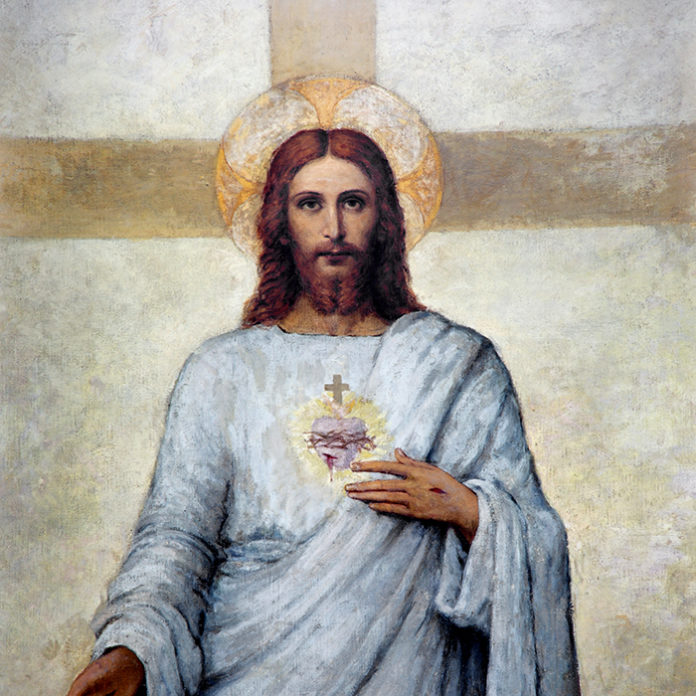
One of the best things about being part of a community is that ideas can be shared, which have the potential to add value to lives and makes that community a better place. Without a doubt, young people in Africa and around the world are looking for a better life. They want to see their dreams realized and many want to feel, at the end of the lives, that they have made a difference in one way or another. Amongst the things most talked about when it comes to Africa’s failure to progress in certain areas is the issue of leadership. Everywhere you look, whether at the family level or in the corporate world or the national political level, leaders can make or break an organization or entity. A good leader can mobilize people around himself and turn a troubled company around. Similarly, a poor leader can take over a perfectly functional and successful organization and, by his poor choices, sink the entire operation and guarantee that it never achieves its objectives. Leadership is central and it’s something that preoccupies us all as young Africans.
A few weeks ago, we reached out to you on our Facebook page and asked you what your opinions are about what defines a good leader. Though we would have wanted to hear from more of you, we received some really great responses and feel it’s worth posting them here:
- A good leader is “a servant of the people” (Joshua ‘DJ-Shrek’ Mkalasa II)
- A good leader “puts [the] interests of the nation first” (Notty Dee)
- A good leader has “love for others, with patience and understanding” (Stephan L. Mayila)
- “A good leader is that person who understands and perform[s] the role of servitude to his nation” (Mccthony Destiny)
- What makes a good leader is “the sacrifices they make to please others” (Andreas Peter Mufwata)
In this article, I’d like to expand a little on these thoughts about leadership by looking at a few qualities that made Jesus Christ a true leader and a great leader. It’s not by any means an exhaustive list of all the leadership qualities that he possessed but it’s definitely enough to get us to think a little more about leadership, especially as it is done here in Africa.
- He was clear about his vision. Luke 19:10 – “For the Son of Man [referring to himself] came to seek and save the lost”
- He didn’t put his interests first but was committed to the task at hand. Luke 22:41-42 – “He… knelt down and prayed, saying, ‘Father, if you are willing, remove this cup from me. Nevertheless, not my will, but yours, be done'”
- He understood the power of role modelling. He didn’t expect his followers to do what he himself wasn’t willing to do. John 13:14 – “If I then, your Lord and Teacher, have washed your feet, you also ought to wash one another’s feet”
- He operated from a strict set of personal and moral guidelines. John 12:49 – “For I have not spoken on my own authority, but the Father who sent me has himself given me a commandment – what to say and what to do”
- He had a clear plan for the future and communicated it to his followers. Acts 1:4-5 – “And while staying with them, he ordered them not to leave Jerusalem, but to wait for the promise of the Father, which he said, ‘you heard from me; for John baptized with water, but you will be baptized with the Holy Spirit not many'”
- He didn’t see people as numbers but as objects of his compassion. Mark 6:34 – “When he went ashore, he saw a great crowd, and he had compassion on them, because they were like sheep without a shepherd.”
Jesus Christ is the greatest leader to ever have lived. The good news is that he lives still and can become real to everyone who trusts him in faith. All that he ever taught and lived for can be a part of our lives today. More than just being someone whose principles we can admire from a distance, he can be our guide in everyday life.
If you have been asking questions about the place of God and faith and have come to a point where you want to take the next step, please click on the banner below and watch the video that follows.
